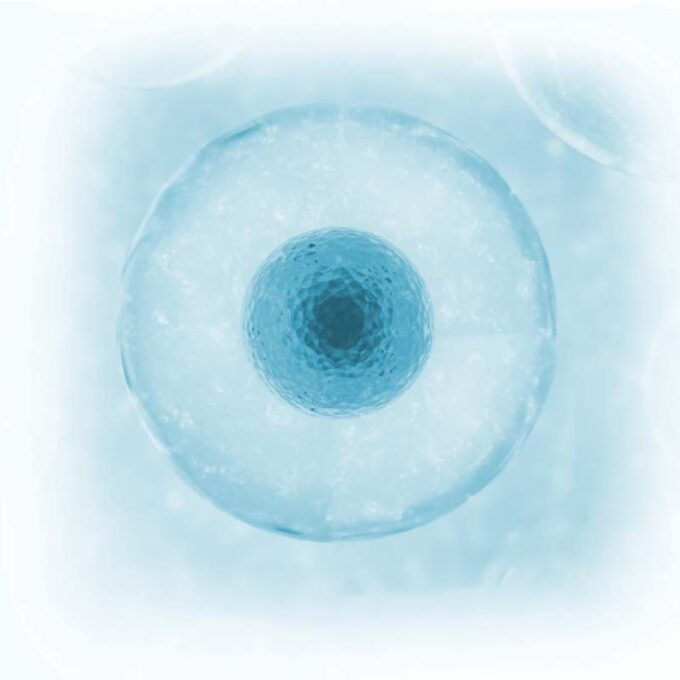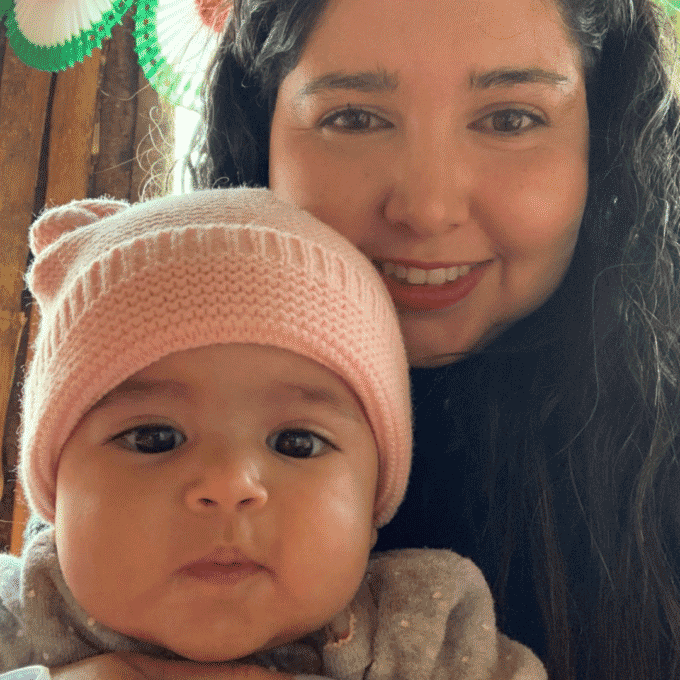Egg donation or oocyte donation is an altruistic process, in which young women of reproductive age decide to donate their eggs to help those who wish to have a baby. This process involves the careful selection of donors who meet specific health and age criteria.
Women are born with a limited number of eggs, about 1 million, which they lose over time, regardless of whether their reproductive health is in optimal condition. By puberty, there are about 375,000 eggs, and after 35 they begin to decrease until they are completely depleted at menopause.
This natural decline in egg quantity and quality directly affects a woman’s ability to conceive. Egg donation centers help ease this process, ensuring that the eggs donated are of the highest quality to increase the chances of successful fertilization.
Donors undergo a thorough screening process to ensure they are healthy and suitable for donation. The process is well-regulated and safe. This procedure offers hope to many and is vital for women who cannot conceive using their eggs and is often their best chance at motherhood.


